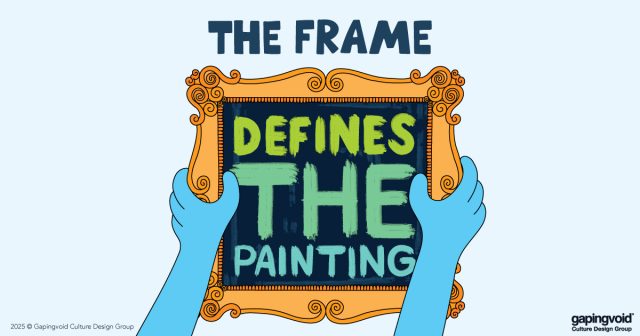
“When a measure becomes a target, it ceases to be a good measure.”
It’s called Goodhart’s Law, and it explains why good intentions can lead to unintended consequences.
“The Cobra Effect,” from British colonial India is a famous one. Trying to control a cobra infestation in 19th Century Calcutta, officials started offering bounties for dead cobras to control the population. Locals started breeding cobras for the reward. When the program ended, they released their snakes resulting in more cobras than before.
A favorite of ours is a passage in Joseph Heller’s WWII novel, “Catch-22,” where Captain Black, insists his men sign loyalty oaths so score political points:
“Every time they turned around there was another loyalty oath to be signed. They signed a loyalty oath to get their pay from the finance officer, to obtain their PX supplies, to have their hair cut by the Italian barbers… When other officers had followed his urging and introduced loyalty oaths of their own, he went them one better by making every son of a bitch who came to his intelligence tent sign two loyalty oaths, then three, then four…”
Yes, it’s funny, but it also makes us wince. Because if you live long enough, you start to realize this behavior is actually quite common.
We thought of this with the news that Boeing dropped its DEI program completely.
They got bashed on X by Elon Musk for focusing more on DEI metrics than safety and quality metrics, but that misses the point. The real problem is focusing on metrics – any metrics – over the mission.
Boeing didn’t need to focus on metrics. They needed to remember why they exist in the first place: to build planes that don’t fall apart at 16,000 feet. Success isn’t about hitting targets – even important ones like safety and diversity. It’s about doing what matters. Then doing it some more.
The question isn’t “what should we measure?”
It’s “what are we here to do?”



